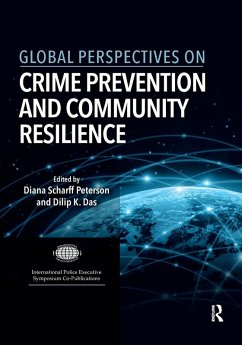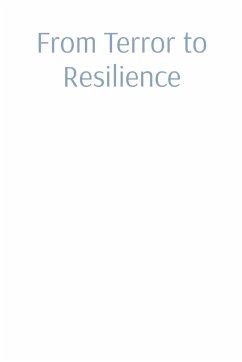
Biobehavioral Resilience to Stress

PAYBACK Punkte
23 °P sammeln!
Military service involves exposure to multiple sources of chronic, acute, and potentially traumatic stress, especially during deployment and combat. Notoriously variable, the effects of stress can be subtle to severe, immediate or delayed, impairing individual and group readiness, operational performance, and-ultimately-survival. A comprehensive compilation on the state of the science, Biobehavioral Resilience to Stress identifies key factors and characteristics that are essential to a scientifically useful and behaviorally predictive understanding of resilience to stress. Contributions from U...
Military service involves exposure to multiple sources of chronic, acute, and potentially traumatic stress, especially during deployment and combat. Notoriously variable, the effects of stress can be subtle to severe, immediate or delayed, impairing individual and group readiness, operational performance, and-ultimately-survival. A comprehensive compilation on the state of the science, Biobehavioral Resilience to Stress identifies key factors and characteristics that are essential to a scientifically useful and behaviorally predictive understanding of resilience to stress. Contributions from Uniquely Qualified Military and Civilian Experts Initiated by the Military Operational Medicine Research Directorate of the US Army Medical Research and Material Command (USAMRMC), this seminal volume integrates recent research and experience from military and civilian experts in behavioral and social sciences, human performance, and physiology. Each chapter is grounded in vigorous research with emphasis on relevance to a variety of real-world operations and settings, including extreme environments encountered in modern war. Logical Progression, Cross-Disciplinary Appeal Organized into four sections, the text begins with a discussion of the relevant aspects of stress in the context of military life to offer civilian readers a window into contemporary military priorities. Later chapters consider biological, physiological, and genetic factors, psychosocial aspects of resilience, and "community capacity" variables that influence psychological responses to stressful events. This multidisciplinary effort concludes with an overview of emergent themes and related issues to advance the science of resilience toward predictive research, theory, and application for all those-military and civilian-who serve in the national defense.














